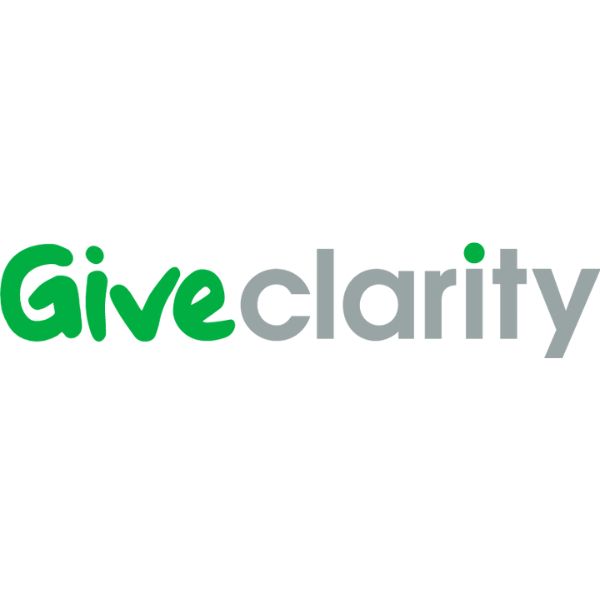Insights
INSIGHTS
All Topics
The ethics of legacy giving
22 Feb 2022by Christine Chiu
You have viewed all of your 1 articles as an unregistered user
To continue reading this article please register.
For unlimited access to our free content, please register.
Christine Chiu
More on this topic
Recommended Products
Featured Products
Our Events
Charity Digital Academy
Our courses aim, in just three hours, to enhance soft skills and hard skills, boost your knowledge of finance and artificial intelligence, and supercharge your digital capabilities. Check out some of the incredible options by clicking here.
















